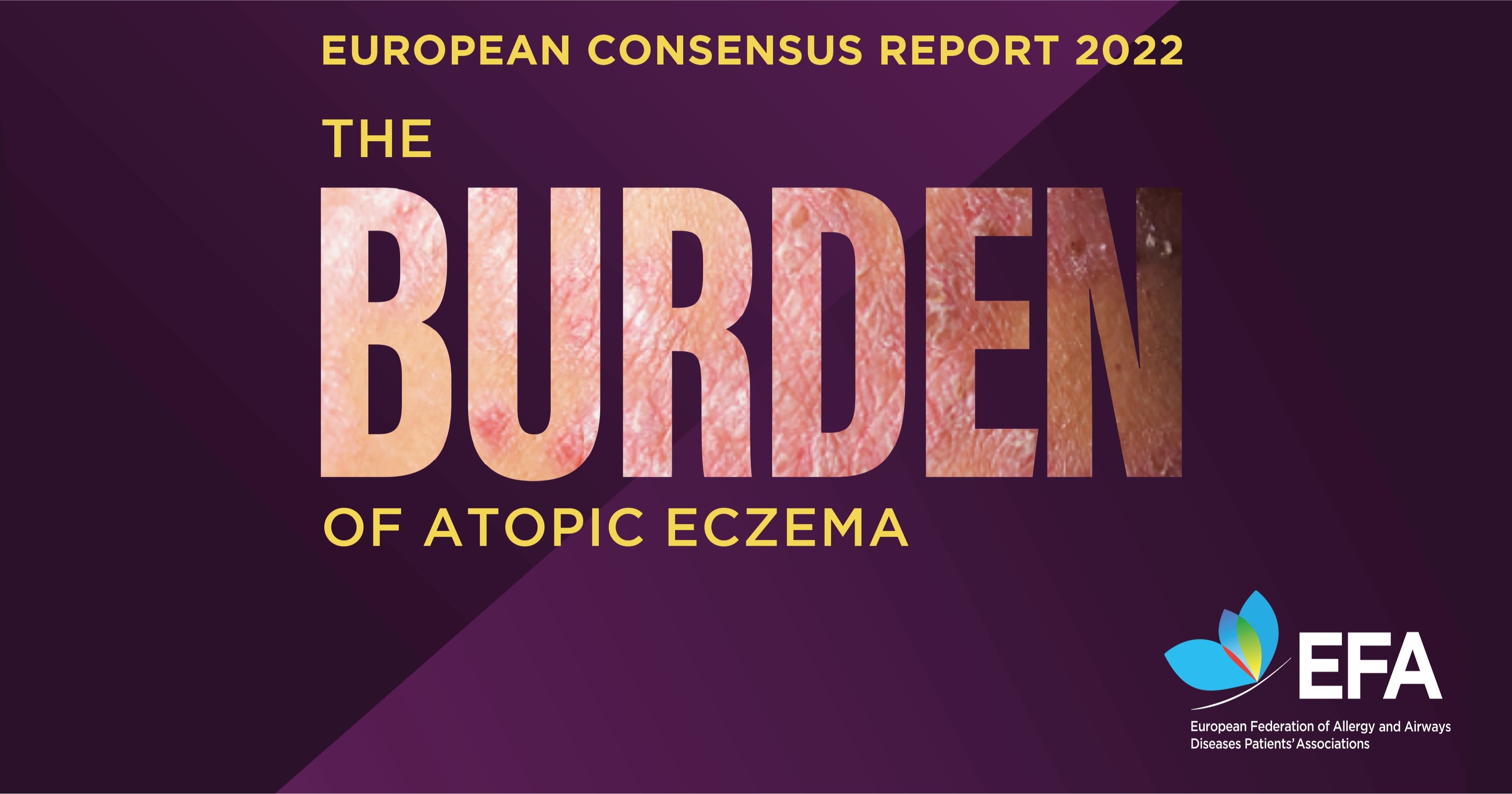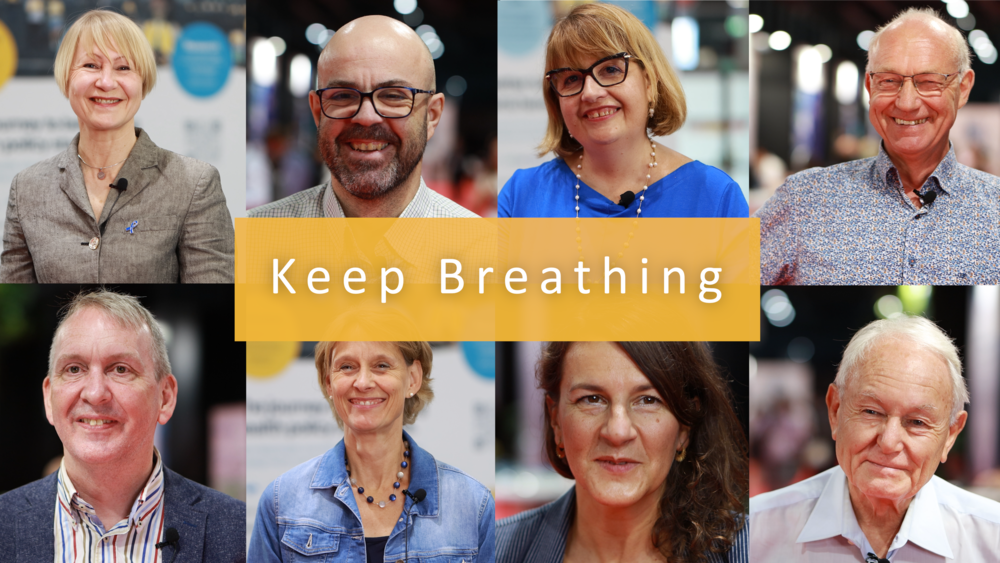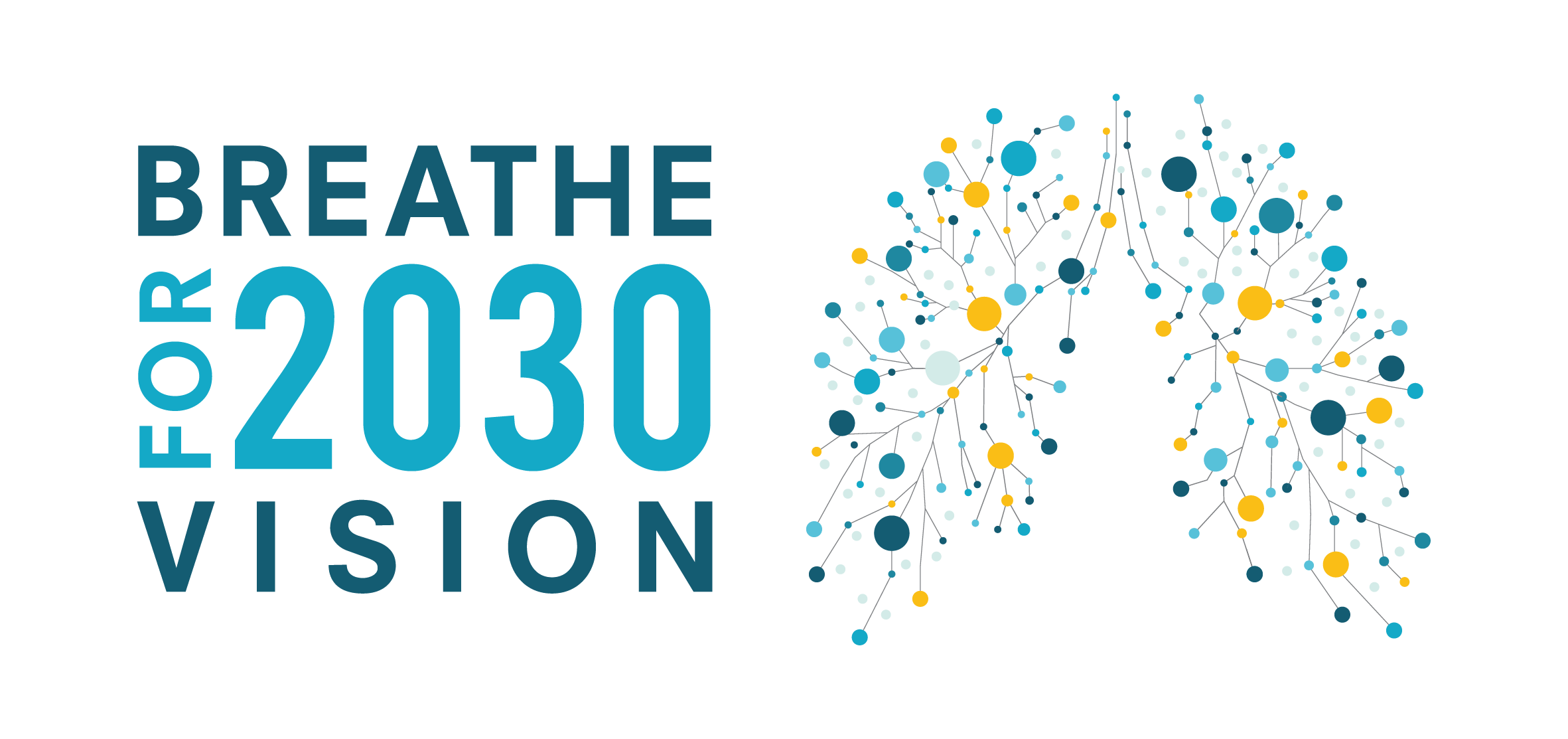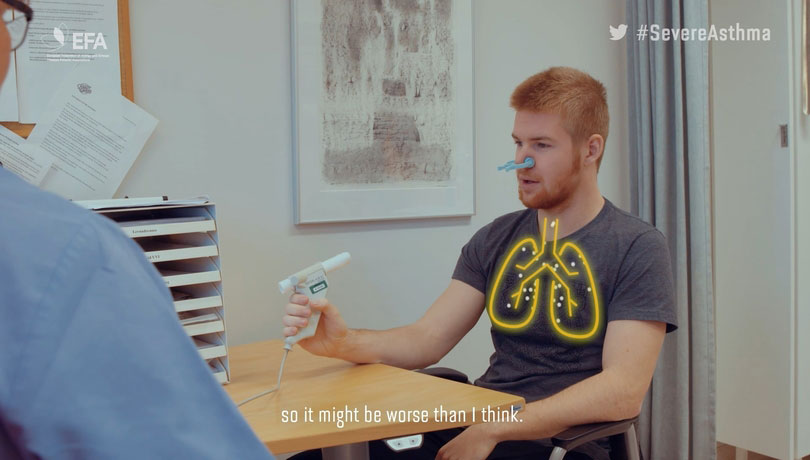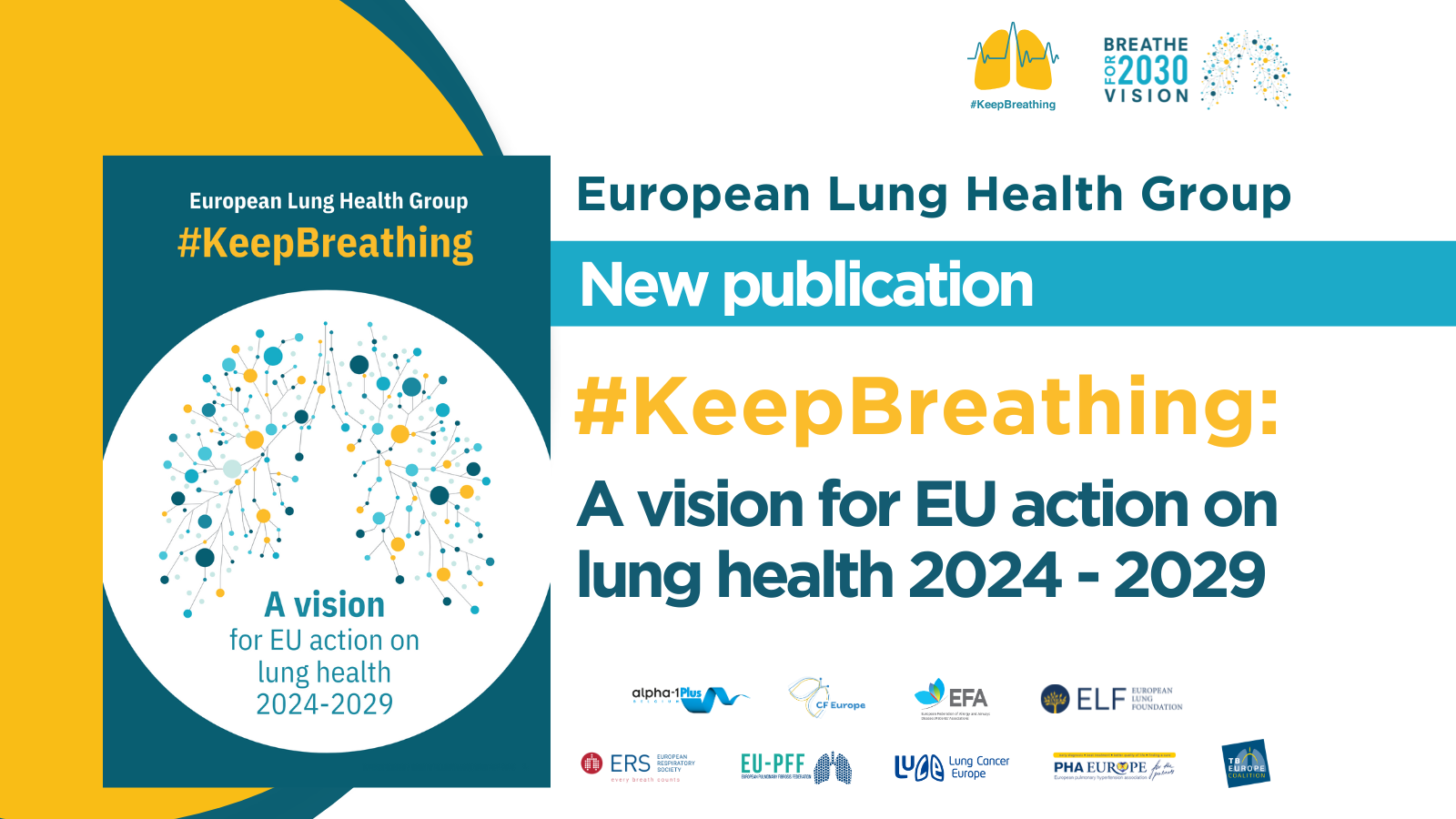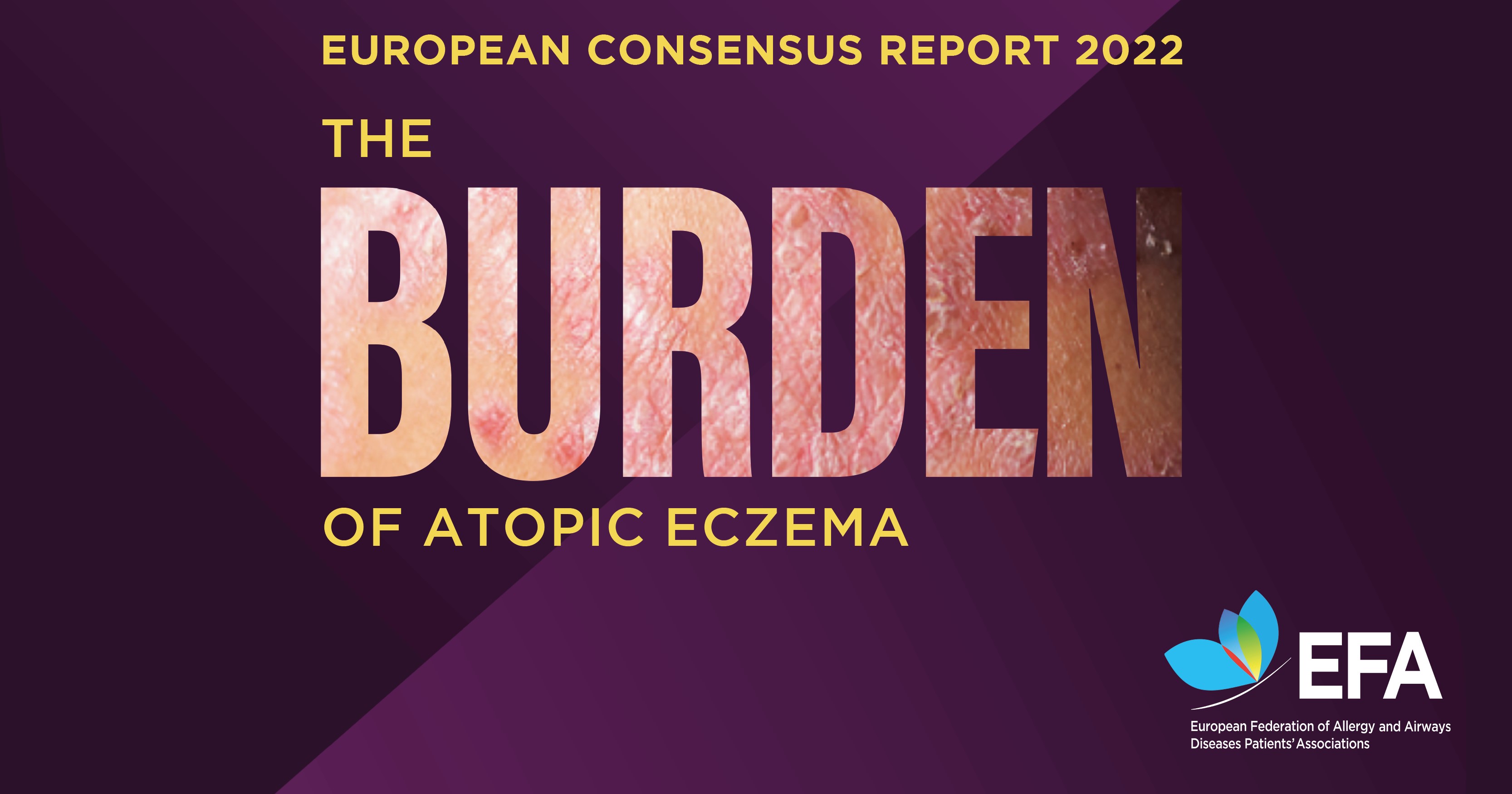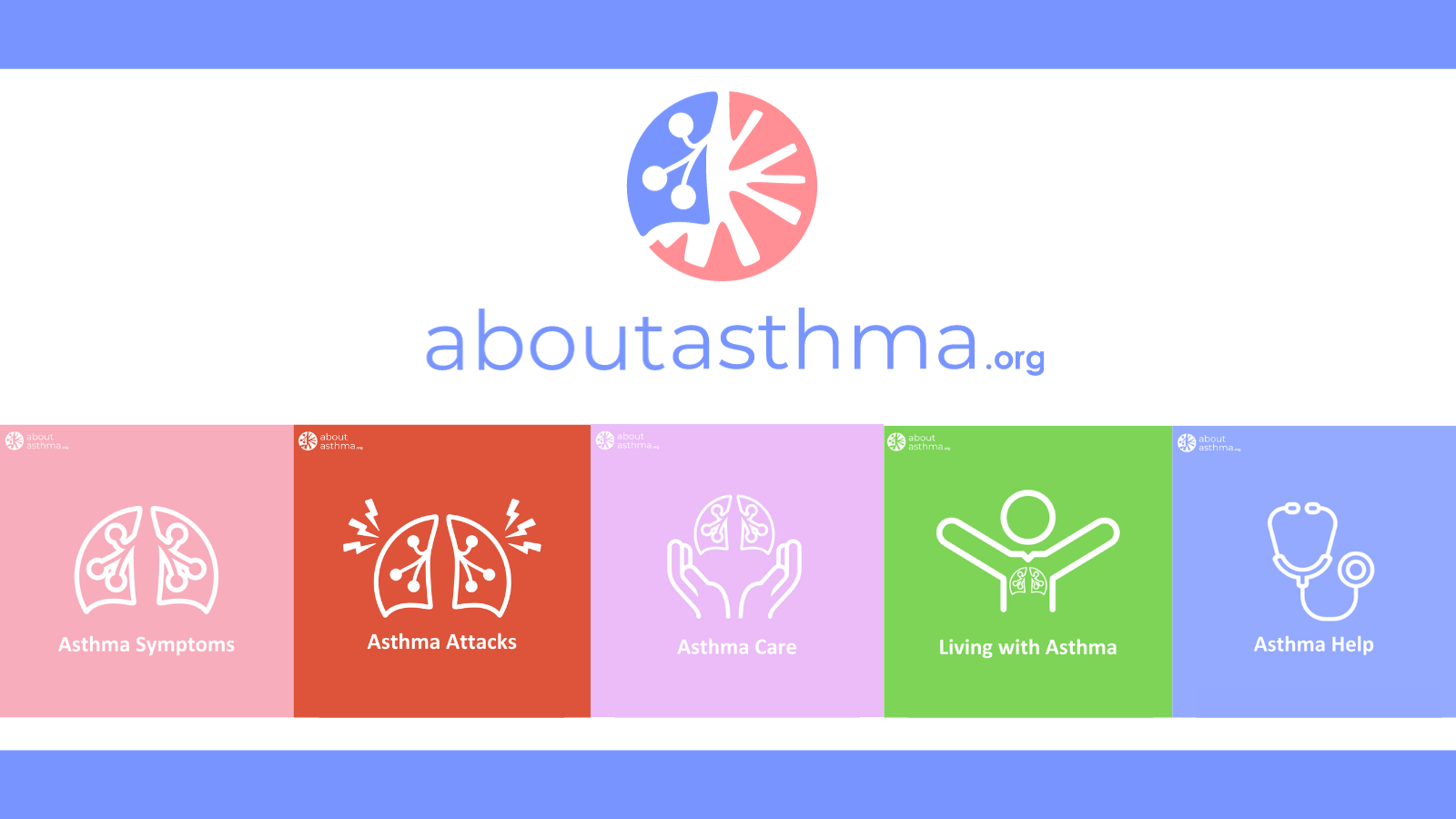On April 11th, EFA participated in the European Network for Health Technology Assessment (EunetHTA) annual stakeholder forum in Amsterdam. The meeting brought together speakers and participants from various stakeholder groups, regulatory bodies and national organisations. EFA is deeply involved in advancing HTA regulations at EU level.
Health technology still need to address Quality of Life
Two panels with top representatives from the European Commission Directorate General for Health and Food Safety (DG SANTE), European Medicals Agency (EMA), European Patients Forum (EPF), European Federation of Pharmaceutical Industries Associations (EFPIA), and the French Health Authority discussed one unmet medical needs and how they could be addressed through Health Technology Assessments (HTA).
EPF representative Valentina Strammiello said that the real unmet need of patients within health technology is quality of life. Currently there is big room for improvement as many innovative medicines are in practice inaccessible by the majority of patients. To increase quality of life, patients need access to quality and affordable treatment. They also need access to information on health technologies. Being knowledgeable allows patients to improve decision-making and enhances their communication with healthcare professionals.
From the industry perspective, Ansgar Hebborn, representing EFPIA, emphasized the importance of regulatory clarity for pharmaceutical companies. A clear framework would ensure that no opportunities are lost, while enabling patients’ access to medicines and treatment as much as possible. For EFPIA, HTA is an important decision-making context that improves understanding on societal priorities.
Unmet need acknowledged if there is adequate evidence
Jordi Llinares Garcia offered EMA’s perspective on unmet medical needs as a basis to bring different products into the market, and support the development of new ones. He stressed that EMA largely accepts that an unmet need is real if there is adequate evidence in a sample of patients. However, he pointed out that sometimes companies tend to investigate and produce based on what is easier to achieve, rather than real needs.
Chantal Belorgey of the French Health Authority highlighted the need to integrate patients’ perspective as much as possible, especially in discussions about uncertainties, unmet needs and quality of life.
DG SANTE representative, Flora Giorgio, discussed about the importance for patients to engage in awareness-raising at the national level, highlighting the role of HTA. Moreover, she noted that while unmet needs are defined clearly, the challenge is how to use and uptake this definition and suggested to stimulate the discussion about scientific evidence and priorities in unmet needs to advance HTA. She further commented on the ongoing negotiations on HTA in the Council, expressing the Commission’s hopes that they will conclude with an agreement. As regards the funding of EUnetHTA network beyond 2020, Mrs Giorgio said that it is a decision for the member states and the future Commission.
State of play on involving patients in HTA: assessing conflict of interest
In the breakout session on ‘Lessons learned and avenues for the improvement of patient involvement’, EUnetHTA representatives gave an overview of the current EUnetHTA processes involving patients and listed the main challenges that remain to be surpassed: identification, lack of response, conflict of interest, tight timelines, and the representation of specific patient groups.
The highlight of the session was the recently published Conflict of Interest policy, which aims to assist in the decision-making process concerning the involvement of individuals in EUnetHTA activities. The new document proposes a centralised approach, defining criteria for the assessment of potential conflict of interest in a transparent and consistent way.
Patients need to take up the key role they already have
François Houÿez from Rare Disease Europe (EURORDIS) stressed that having a pre-conceived idea of what patient input must be should be avoided. In EURORDIS views, patients need to realise they can play a significant role in the HTA process, despite the feeling that often they are not listened to.
Authorities have to acknowledge patient organisations as sources of data and expertise. Valentina Strammiello of EPF finally suggested that EUnetHTA should start reaching out to European organisations on specific disease areas, as a way to foster patients’ participation at the national level.
For more information on the discussions during the HTA Stakeholder Forum, visit their official website.



